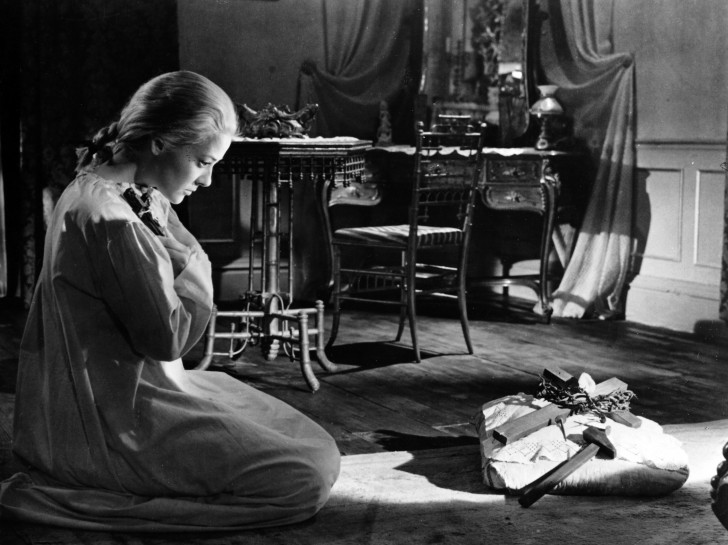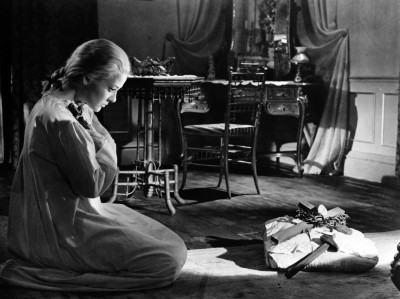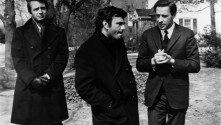
Simon of the Desert
Viridiana
Buñuel’s final Mexican production, Simon of the Desert is a darkly humorous parable about the life of an obscure saint who achieves new heights in his asceticism by perching in the desert atop a tall pillar. Simon’s faith prevails in the face of assaults and temptations, and he begins to perform miracles for his dubious new disciples. A final miracle of sorts is performed by the Devil, who liberates the ascetic to that hell on earth known as New York City.
After years of exile Luis Buñuel returned to his native Spain to make this dark account of corruption. Viridiana was produced with the blessings of the Spanish government and under the scrutiny of its censors, but only after its release did Franco’s regime realize the film’s meaning, and promptly banned it. Sylvia Pinal gives a superb performance as Viridiana, an idealistic young novitiate who visits her uncle (a closet transvestite) and tries to help some local peasants and beggars, but Viridiana’s virtues lead to terrible misfortunes. The final beggars’ orgy, a black parody of the Last Supper performed to the ethereal strains of Handel’s "Messiah,” is one of the director’s most memorably disturbing, wickedly humorous scenes. Winner of the Palme d’Or at the 1961 Cannes Film Festival, Viridiana welcomed Buñuel back to the center stage of world cinema.



























